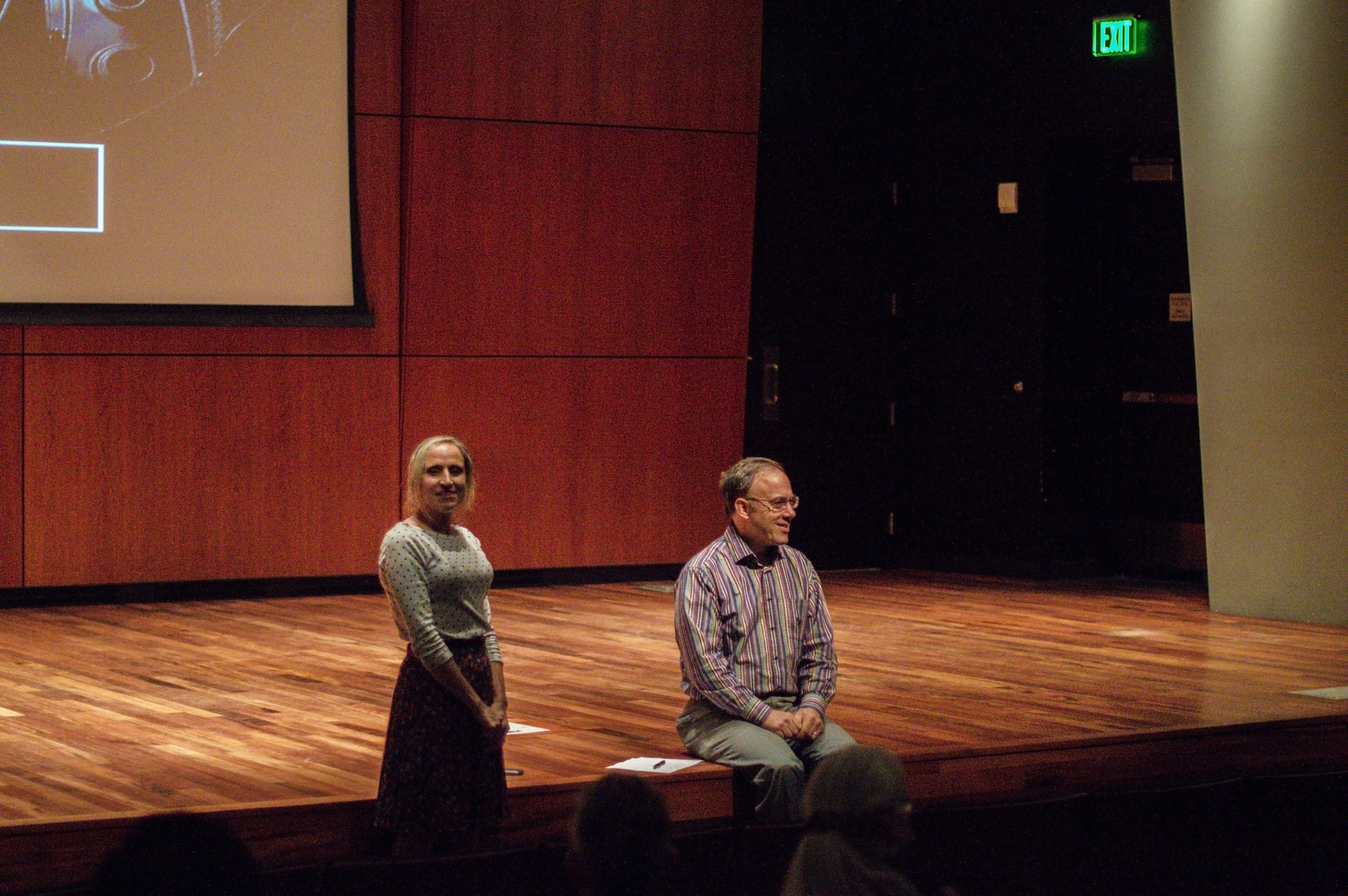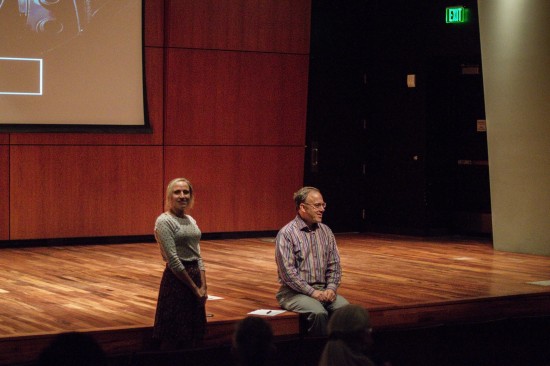
Review by Britainy Gurr
“Compared to a girl the same age, a boy in adolescence is seven times more likely to die by his own hand.”
Peninsula College hosted a screening of Jennifer Siebel Newson’s documentary, “The Mask We Live In” at Maier Performance Hall on Oct. 23 as a part of Magic of Cinema. The film dealt with sociological studies having to do with sex and gen- der, but more specifically the hyper-mas- culinity of males in this generation. You see examples of this everywhere, from the music industry to cinema, and studies show that it is damaging boys and men.
“If I was to say what is the major emotion of American masculinity, it is anxiety. Why? Because you have to prove your masculinity all the time,” said Dr. Michael Kimmel in the film.
The documentary breaks down a very expansive issue into little pieces, organizes it and hands it to the audience in a way that anyone can understand.
After the 90-minute feature was over, Dr. Helen Lovejoy, PC English teacher and, and Dr. Erran Sharpe, a Licensed Mental Health Counselor from Port Angeles, lead a discussion open to the audience, about half of which stuck around for. The public commented on their surprise at various things they learned that night, as well as recounting their own personal experiences with some of the issues that the film dealt with. Afterward, I was fortunate enough to get a chance to ask some questions of my own.

Dr. Sharpe said the most important thing he hopes students take away from this film is, “just having an awareness of the things we do as males, and ask, ‘is that something I have to do for protection, or is it something I can take off? Can I stop acting this way and be more vulnerable and open, and connect with other people?’”
Dr. Lovejoy provided a few moments of her time and noted that it was “an important and powerful film,” and she was very glad that they got to show it.
Sitting down with Dr. Tara Martin Lopez, who teaches sociology on campus and who initially encouraged me to at- tend, summed up one of the main focuses of the film well when she said, “a lot of times, dominant masculinity is based on a devaluation of femininity.” She went on to use the example of how secretarial work was originally considered a masculine job, but once it was a predominantly female workforce, it became a lower paying job, which shows how the feminine is so often devalued. Another example of this is when criticism is conveyed with phrases like ‘you play like a girl’.
So how can we make a difference in society, starting in our own community and backyard? By “creating a peer culture,” Dr. Martin Lopez says. An example Lopez gave of how that could be accomplished is not letting comments like ‘I’d tap that’ fly by, and by doing so, furthering the objectification of women, but in- stead stopping and saying, ‘Hey, that’s not okay’. As she also pointed out, some might view that as “political correctness gone awry,” but really, it’s just stopping the objectification of people, women in particular, because people are less likely to respect an object, rather than a person- and a lack of respect is an open door to things like violence. She encourages students, and larger society alike, to speak up and create a peer culture that does not condone victimization.
This documentary draws viewers in and evokes emotion, ranging from heart- break to anger at the absurdity of some of the issues that girls and boys face. I highly recommend everyone, male or female, young and old alike, to watch this film, as well as Newson’s previous film centered on females, called Miss Representation.
